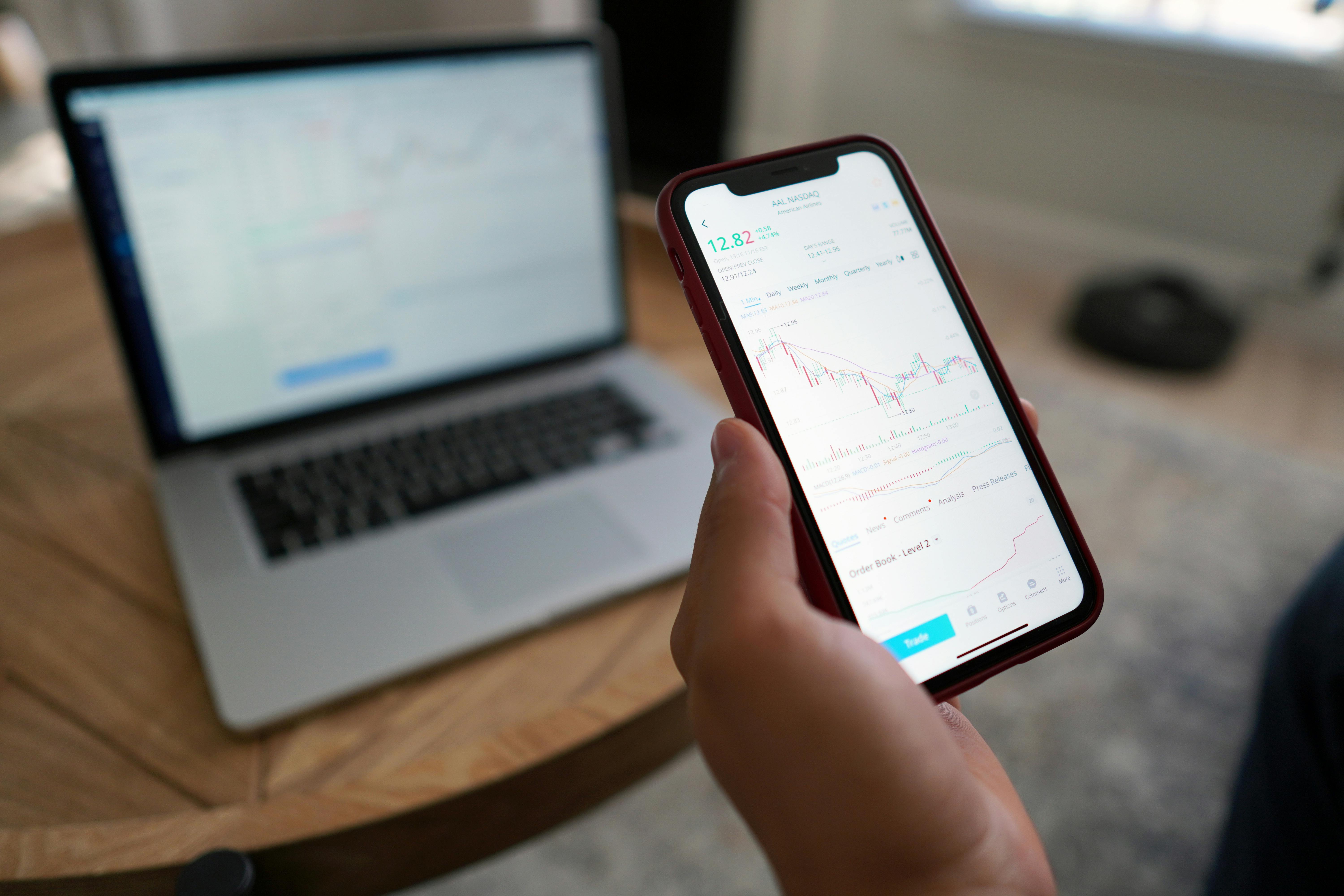Introduction
Investing is one of the best ways to grow wealth, and for most people, it starts with opening a brokerage account. This essential tool allows you to buy and sell investments, from stocks and bonds to ETFs and mutual funds, providing access to the financial markets.
However, many beginners are unsure what a brokerage account is or how to choose the right one. The variety of platforms and features can feel overwhelming, leaving potential investors hesitant to take the first step.
This guide breaks down everything you need to know about brokerage accounts, including how they work, their benefits, and tips for choosing the best one for beginners. With the right knowledge and tools, you can confidently start your investing journey.
What Is a Brokerage Account?
A brokerage account is an investment account that allows you to buy, sell, and hold a variety of financial assets. It’s the gateway to investing in the stock market and building a diversified portfolio.
How It Works
- Deposit Funds: You start by transferring money into your brokerage account.
- Trade Securities: Use the platform to invest in stocks, bonds, ETFs, mutual funds, and more.
- Generate Earnings: Depending on your investments, you can earn through dividends, interest, or capital gains.
Types of Brokerage Accounts
- Taxable Accounts: These accounts allow you to invest freely without restrictions on contributions or withdrawals. However, you’ll owe taxes on earnings like dividends and capital gains.
- Retirement Accounts: Options like Individual Retirement Accounts (IRAs) offer tax advantages but come with restrictions on withdrawals. For example, a traditional IRA lets you defer taxes until retirement, while a Roth IRA allows tax-free withdrawals after a certain age.
Benefits of a Brokerage Account
Accessibility
Opening a brokerage account is straightforward, and many platforms allow you to start with minimal funds. This accessibility makes it easy for beginners to begin investing.
Flexibility
A brokerage account gives you access to a wide variety of investment options, including stocks, bonds, ETFs, mutual funds, and more. This flexibility allows you to build a portfolio that aligns with your financial goals.
Potential for Growth
Investing through a brokerage account offers the opportunity for your money to grow faster than it would in a traditional savings account. Over time, returns from dividends, interest, and capital gains can significantly increase your wealth.
Control
With a brokerage account, you have full control over your investments. You can decide what to buy or sell, adjust your portfolio as needed, and choose a strategy that fits your goals.
Steps to Open a Brokerage Account
Step 1: Research Brokerage Firms
Begin by comparing brokerage platforms based on factors like fees, investment options, and features. Look for platforms with low or no commission fees and minimal account maintenance costs.
Step 2: Gather Documentation
You’ll need the following information to open an account:
- Government-issued ID: Such as a passport or driver’s license.
- Social Security Number: Or tax identification number.
- Financial Information: Including income and employment details.
Step 3: Choose the Right Account Type
Decide between a taxable brokerage account and a retirement account, like an IRA. Consider your financial goals, as taxable accounts offer flexibility, while retirement accounts provide tax advantages.
Step 4: Fund Your Account
Deposit funds into your account using bank transfers, paper checks, or direct deposit from your paycheck.
Step 5: Start Investing
Once your account is funded, research and place your first trades. Many platforms provide tools to help beginners analyze investments and build diversified portfolios.
How to Choose the Right Brokerage Account for Beginners
- Fees: Look for platforms with low or no commission fees to maximize your returns.
- Ease of Use: A user-friendly interface with clear instructions is essential for beginners.
- Educational Resources: Choose platforms offering tutorials, webinars, or in-app articles to learn the basics of investing.
- Support for Fractional Shares: Allows small-budget investors to purchase portions of high-value stocks.
- Customer Support: Reliable customer service through live chat, phone, or email is important for addressing issues.
Conclusion
A brokerage account is an essential tool for anyone looking to grow their wealth through investing. It offers flexibility, control, and the potential for higher returns compared to traditional savings methods. By understanding how brokerage accounts work, exploring their benefits, and choosing the right platform, beginners can take the first step toward financial independence.
Start small, stay consistent, and leverage resources like fractional shares, ETFs, and educational tools to build your confidence and portfolio. With time and discipline, even modest investments can lead to significant financial growth.
Take action today by researching platforms, opening your first account, and making your initial investments. With the right brokerage account and a commitment to learning, anyone can begin their investing journey and work toward long-term financial success.

